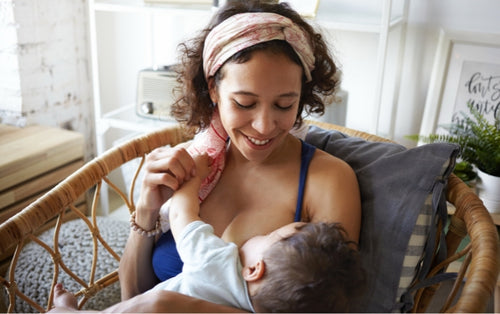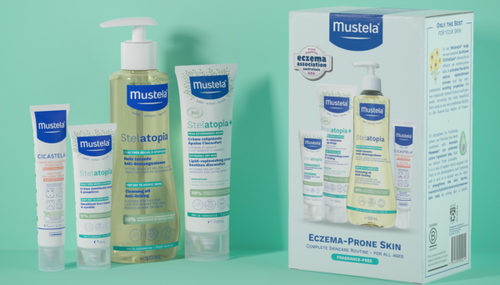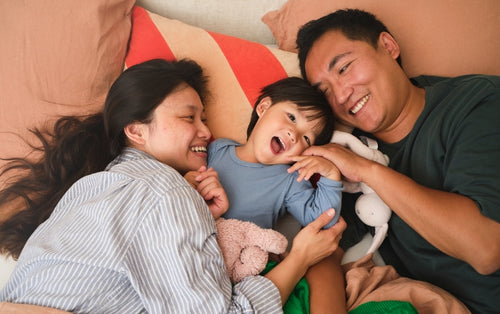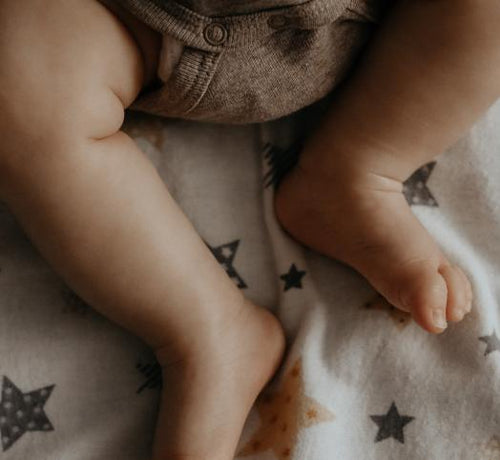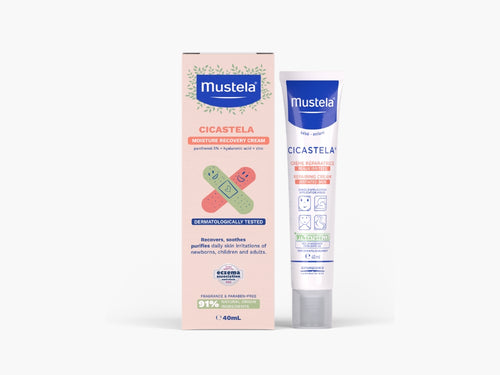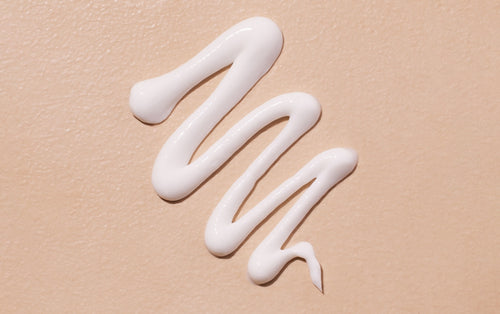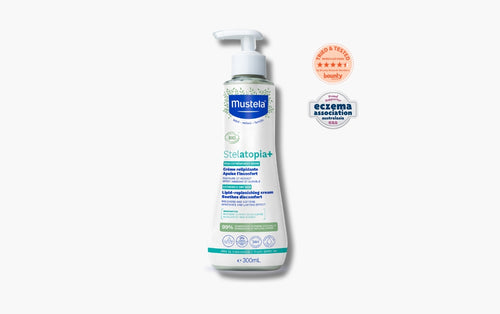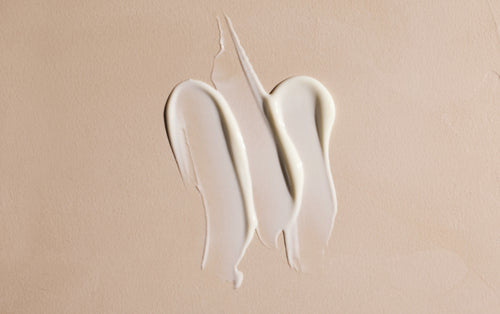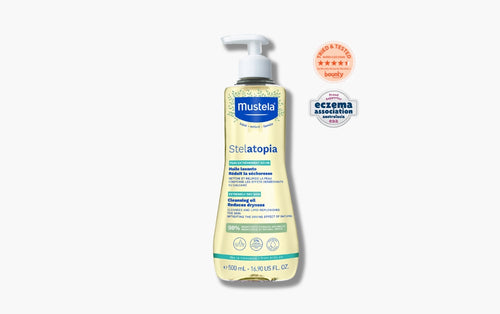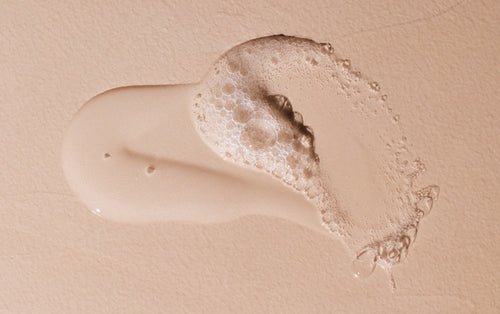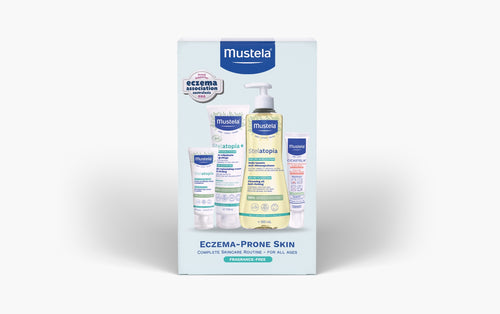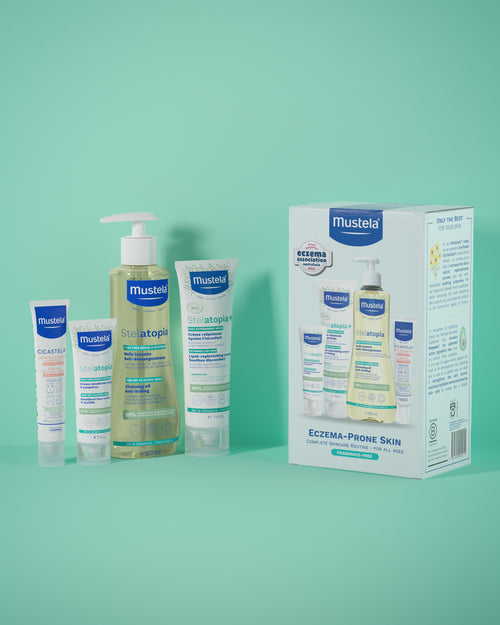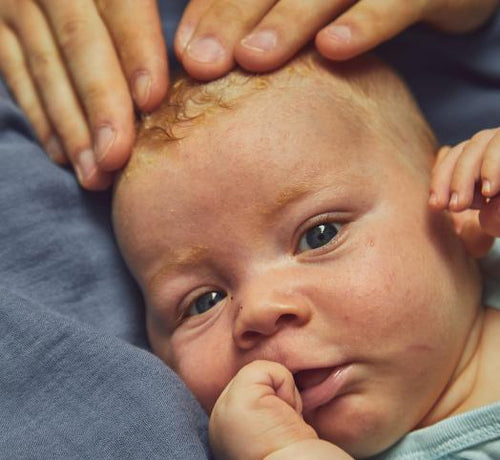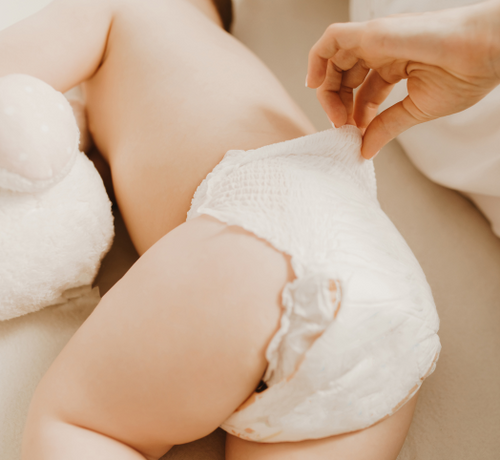During antenatal visits, your healthcare professional might discuss a few fundamental procedures. It can also come up if you enrol in a parenthood preparation course. Several of these include:
- Make sure the nappy you're using fits your child properly. If not, it will leak or will be uncomfortable for your infant.
- Put nappies in the proper disposal. A soiled nappy cannot be recycled, so many people opt to use cloth nappies.
- Change your baby's nappy frequently. Many maternity hospitals may advise you to replace them following every feed.
- Make sure your baby is supervised on changing stations to ensure safety.
- Provide your baby nappy free time as much as possible.
There are many reasons why nappy-free time is frequently advised. The main goals are to prevent nappy rash and ensure that your baby's body is adequately ventilated in that area. Your baby's skin has to be clean and dry to help avoid nappy rash.
- Helps to minimise nappy rash
Despite your best efforts, some babies will always experience more nappy rash than others. It mostly happens when a moist or dirty nappy is worn for an extended period and is brought on by bacteria on the baby's skin. Nappies can irritate their delicate skin and worsen it, so removing them for a while allows them to let the area air dry.
- It can potentially have a calming effect
Assuming your infant is agitated or restless, take off their clothes and nappy (if it's not freezing), and you might be able to calm them down quickly if nothing else seems to work. For even more relaxation, use a little massage and some relaxing music. At any age, humans are typically rather content when they are naked!
- It provides an opportunity to get 'back to nature.'
It makes sense for babies to occasionally be how nature intended them to be, since they are born nude. Apart from the minute or so between nappy changes, bath time is the only time during the day when they are genuinely nappy-free.
- It gives them greater freedom of movement
When a baby is not wearing nappies, it is more uncomplicated and more comfortable to exercise gross motor tasks like rolling, crawling, stretching, and placing little tootsies in their mouths. They can learn new sensations and view the world in a fresh, advantageous way for their development.
Five tips to give your baby nappy free time:
- Find a time during the day when your baby isn't ready for a feed or a sleep. If they're hungry or exhausted, they won't enjoy it as much. It's probably not the greatest time if they frequently poop at a particular hour of the day.
- Place your baby on a plastic mat, waterproof picnic blanket outdoors (remember the sunscreen), or some towels. Because accidents are difficult to avoid, use simple clothing to clean and disinfect.
- Remove their nappy for 5 to 10 minutes, and aim for some nappy-free time at least once a day during playtime. You should also combine it with tummy time for additional benefits and to allow for even more little bottom airing time. Make it a part of your daily routine.
- Make sure your kid is not getting cold by keeping an eye on them. If they are, you could always dress them and try again later, or just put a blouse and some socks on them. To lessen the mess, watch for any indications that they are about to have an accident.
- Bath your child, then pat them dry with a towel if they have an accident (or three!). Apply our Mustela Vitamin Barrier Cream before or after each nappy change to prevent nappy skin discomfort and irritations and soothe and recover the baby's skin effectively.
If you don't want or have time to give your baby a bath, you can use Mustela No Rinse-cleansing Water. Our micellar water gently cleanses your baby's nappy area in just one step, leaving their skin soft and a trail of our unique baby scent.

